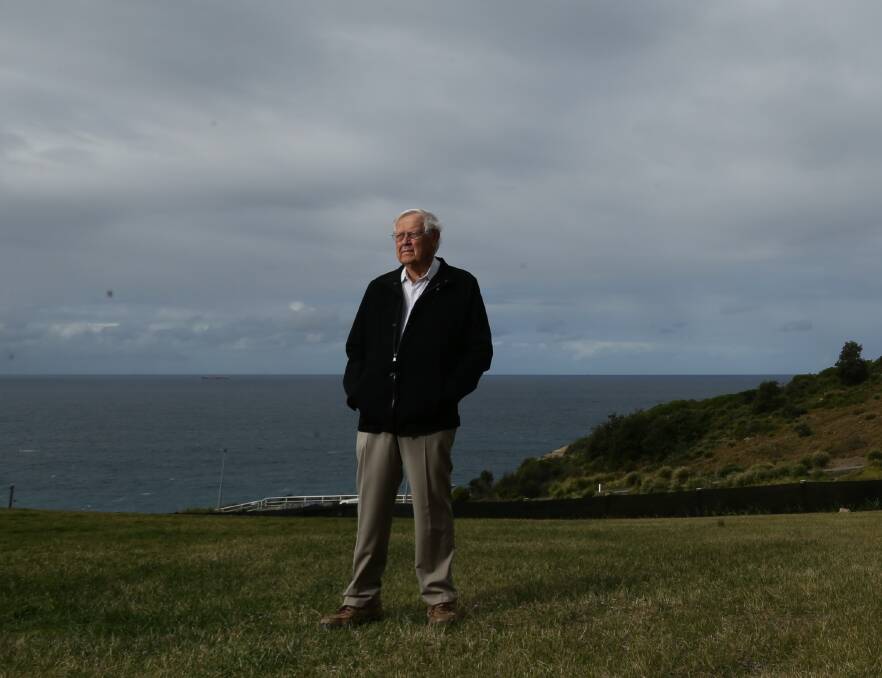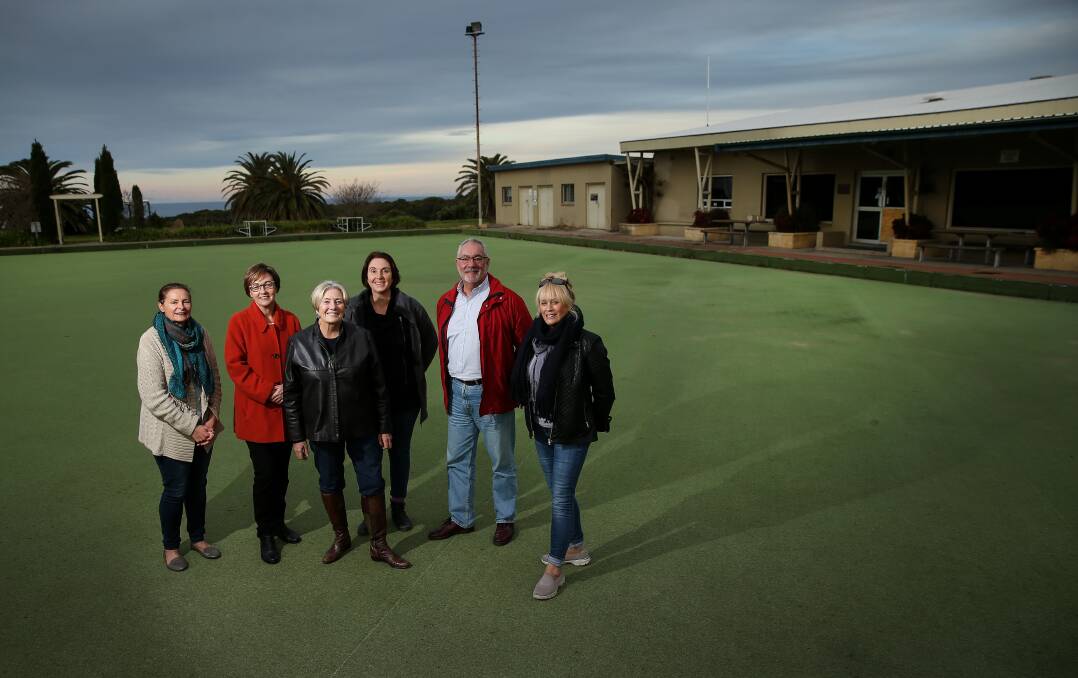
Awabakal Local Aboriginal Land Council is the new owner of the two of the Lower Hunter’s most iconic sites – Newcastle’s King Edward Headland Reserve and the former Burwood Colliery Bowling Club site – following successful land claims.
Subscribe now for unlimited access.
$0/
(min cost $0)
or signup to continue reading
The council, which was placed into administration in 2016, made the claims under the 1983 Land Rights Act.
A spokesman for Lands and Forestry minister Paul Toole said the department considered both claims and determined them to be lawfully claimable under the act, which recognises the spiritual, social, cultural and economic importance of land that was traditionally owned and occupied by Aboriginal people.
“This is not a discretionary decision, but is based on the criteria stipulated in the act,” he said.
Awabakal chief executive Rob Russell said while he was delighted with the outcome, he was surprised the group’s claim for the 0.6 hectare former Newcastle Bowling Club site had been successful.
“I thought with the site’s recent state heritage listing and media reporting in the last couple of years that it would have been a safer bet for the government to keep it as Crown Land,” he said.
The land has been mired in controversy for the past decade as local residents fought off a proposal to build a function centre on the site.
Mr Russell said Awabakal did not have immediate plans for the land.
This is not a discretionary decision, but is based on the criteria stipulated in the Act.
- Lands Minister Paul Toole
“It’s something we will need to look at,” he said.
The ruling will not affect the remaining 38 hectares of the King Edward Park, which remains accessible to the public.
The Friends of King Edward Park group welcomed the successful land claim.
Spokesman Dr Kim Ostinga said the site was steeped in history significant to both Aboriginal and non-Aboriginal people.
“It is noted that a previous land claim was rejected in 2011 because the minister decided that the land was lawfully occupied and was needed for essential public purposes of public recreation. As yet, we do not understand what might have changed in the meantime to allow the claim to be granted on this occasion,” Mr Ostinga said.
“We look forward to the land council ensuring that the sacredness of the headland is preserved and that full public access is maintained to celebrate the indigenous heritage and historic significance of the site”.
Mr Russell said he hoped the land council’s successful claims would benefit the whole community.
“I hope people see this as a positive development not only for the Aboriginal community but also the wider community. This is a point from which we can move forward from,” he said.
Both parcels of land will now be transferred as freehold land to Awabakal, which will be responsible for the future management of the sites.
Awabakal lodged a claim for the former Burwood Colliery Bowling Club site on Burwood Rd, Whitebridge in 2017.
The land – worth millions of dollars with its sweeping ocean views – has remained dormant since the bowling club collapsed in 2015.
Mr Russell said Awabakal had been in discussion with the Burwood Commons community group about options for site in anticipation of a successful claim.
“We recognise we are not the experts and are happy to take guidance from the local community about what would work best,” he said.
“It’s a bit out of the way; it doesn’t really lend itself to a significant development.”
The Burwood Commons group has been fighting to keep the former Burwood Colliery site from being developed since the bowling club collapsed.
Group vice president Carmen Blanco welcomed Awabakal’s successful claim and said the group was looking forward to working with the land council on sustainable uses for the site.

“We have always been supportive of Awabakal’s right to claim this land and we are really keen to work with them on a successful plan for the site that will benefit the whole community,” Ms Blanco said.
“There’s a whole range of ideas that we are keen to explore, such as urban farming, that that will benefit Awabakal and the wider community.”
Ms Blanco said the the group would also lobby Lake Macquarie City Council to ensure that the land, now owned by Awabakal, cannot be rezoned or developed in the future.
Awabakal Land Council successfully claimed the former Newcastle Post Office Building in June 2014.
The council’s former chairman said at the time it was planning to use the derelict building as an Aboriginal health centre.
The land council later announced it was unable to fund the estimated $15 million in repairs needed to get the building to a point where it could be occupied.
Mr Russell defended the council’s management of the building.
“It was vacant for 14 years before Awabakal got it,” he said.
“I don’t think people can sheet home blame for its current condition to the land council.”
He confirmed the land council was still negotiating with interested parties about the building’s future.
The NSW Government sacked the former Awabakal board in October 2016 and appointed an administrator amid claims the council had committed “substantial breaches” of the Land Rights Act.
In addition, the Independent Commission Against Corruption is investigating whether former board members acted dishonestly or breached their duties in relation to a series of proposals to sell land owned by the organisation between 2014 and 2016.
Worth more than $12 million, the properties included the former post office building, Braye Park at Waratah and vacant land at Warners Bay.
The inquiry is also examining whether any other person encouraged or induced a board director to act dishonestly, or otherwise engaged in corrupt conduct.


